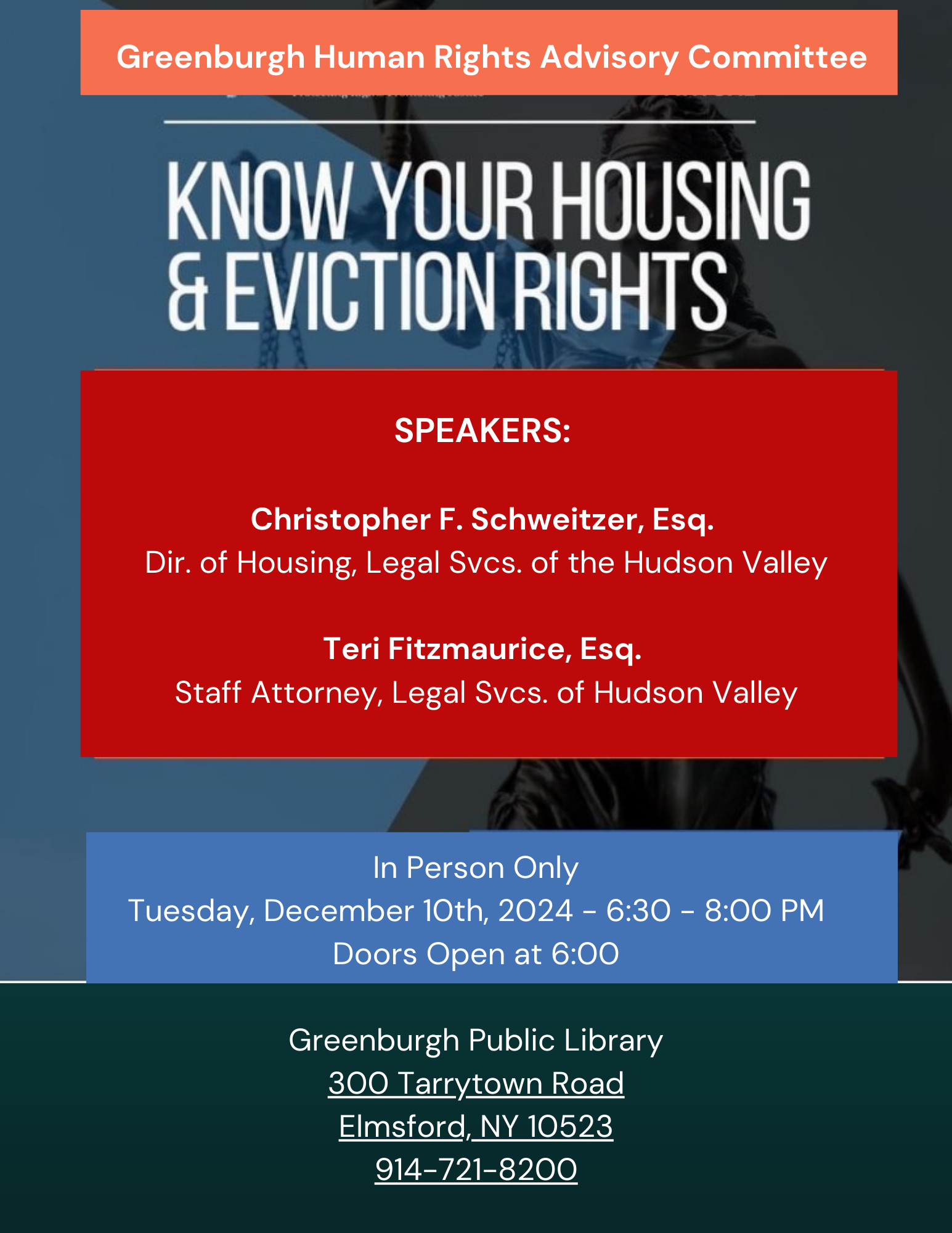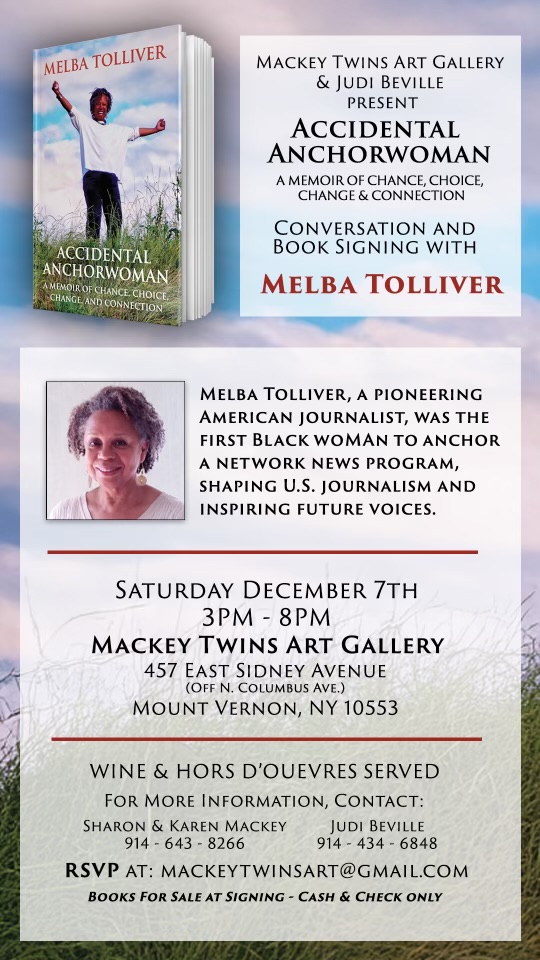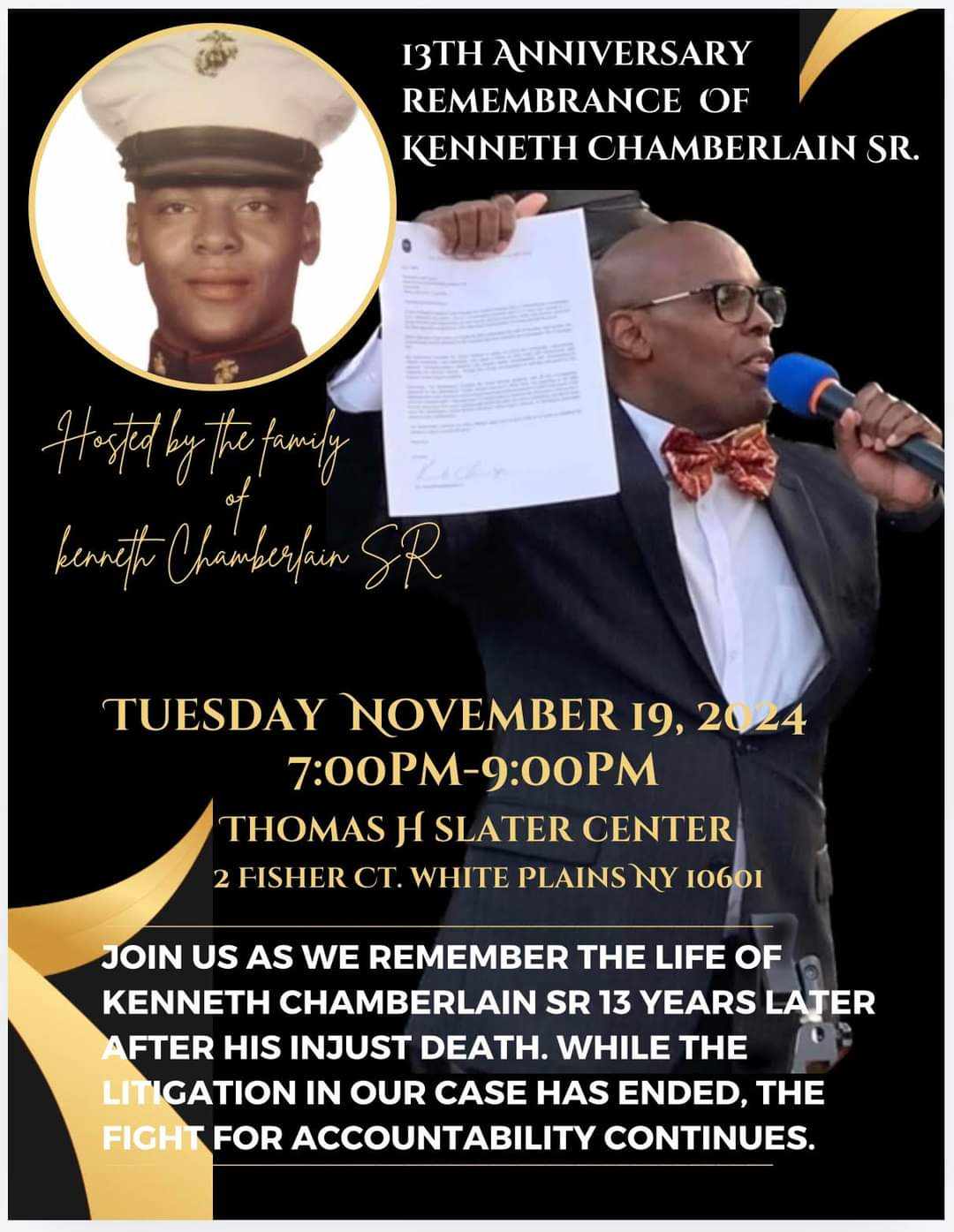Mount Vernon, the beating heart of Black Westchester, stands at a critical crossroads. With Blacks comprising 80% of its population, this city has long been the barometer for Black cultural and political consciousness in the region. Yet, in a recent Congressional District 16 election, a mere 6,000 out of 30,000 registered Democrats voted – a staggering display of political disengagement. This alarming statistic isn’t just about Mount Vernon; it’s a wake-up call for Black America. As Mount Vernon’s political voice falters, so does the political power of Blacks in Westchester County.
Those who seek to marginalize Mount Vernon for personal gain understand this all too well: a politically awakened Mount Vernon could ignite a transformation across the entire region. The time has come for Mount Vernon to reclaim its role as the cultural, economic, and social hub for Black Westchester – for when Mount Vernon rises, all of Black Westchester will stand tall.
Historically, the Black church has been a cornerstone of voter mobilization in African American communities. Through initiatives like “Souls to the Polls,” which transports congregants from Sunday services directly to voting sites, churches have played a crucial role in increasing voter turnout. They’ve served as hubs for civic education, voter registration drives, and community organizing. Pastors have used their influence to advocate for political engagement, often framing voting as a collective responsibility. During overt voter suppression, churches were instrumental in helping members overcome obstacles to voting. However, the absence of these robust mobilization efforts in Mount Vernon and throughout District 16 is deeply troubling.
In this election, it was evident that the district’s first Black congressman’s lack of traditional church-led engagement contributed to a broader decline in political participation, voter turnout, and, ultimately, Black political power in the region. The failure to leverage these historically effective methods has left a void in civic engagement, posing significant challenges for Black voter representation, any type of Black political agenda and influence in Westchester politics.
While many other ethnic groups practice block voting – setting aside their differences to rally around shared issues – in Westchester, Black communities often struggle to present a unified front. This disunity provides an advantage to those who may not have the genuine interests of Black people at heart beyond securing their votes. The stark contrast between the political engagement of different communities is alarming: in the same congressional district, Jewish voters galvanized 6,000 absentee ballots – equal to the total votes cast in Mount Vernon. This disparity should serve as a wake-up call to Black voters across the county and the nation.
Political disillusionment also ranks high among factors reducing participation. Many in the Black community feel their votes don’t translate into tangible improvements in their daily lives. This sentiment is exacerbated by a lack of competitive races and inadequate civic education, leading some to question the value of their participation.
Practical barriers play a role, too. Inconvenient polling locations, limited voting hours, and lack of transportation can make voting a logistical challenge for many. Moreover, in communities where economic struggles are prevalent, taking time off work to vote can be a luxury some cannot afford.
Perhaps most critically, the issue of political funding creates a cycle that disadvantages Black communities. With many African American neighborhoods ranging from middle class to poor, residents often lack the means to make substantial political donations. This financial constraint can lead to less attention from politicians, fewer resources allocated to the community, and policies that may not adequately address local needs.
The recent election between George Latimer and Congressman Jamaal Bowman in Westchester County starkly illustrates this disparity. AIPAC reportedly spent an unprecedented $20 million on this congressional race, mounting what many observers described as one of the most divisive and controversial campaigns in Westchester’s political history, with accusations of racist and Islamophobic tactics.
This level of spending is far beyond the reach of most community-based organizations. According to The Lever, AIPAC’s funding comes from substantial donations, with most pledges ranging between $100,000 to $200,000 and around 20 donors contributing between $500,000 and $2 million. Such financial firepower can easily drown out the voices of less affluent communities, including many Black neighborhoods, as we saw in the Latimer and Bowman race.
This financial imbalance presents a significant challenge to fair representation and equitable policy-making. When outside organizations can pour millions into local races, it raises serious questions about the true nature of democratic representation and the ability of less affluent communities to have their interests fairly considered in the political process.
This situation creates a problematic cycle: Low political engagement among Black residents leads to reduced representation in local government. This results in fewer resources and policies that benefit the Black community, which in turn further discourages political participation. Westchester’s Black leaders and organizations should recognize this issue. However, it appears they have overlooked it, possibly prioritizing personal alliances, grant funding, and job opportunities instead of addressing this cycle of disengagement, underrepresentation and lack of govermental resorces to their communities.
Breaking this cycle is crucial, but it requires addressing multiple fronts simultaneously. Enhancing civic education, removing practical barriers to voting, and finding ways to amplify community voices despite financial limitations are all vital steps. However, perhaps the most critical need is for greater unity within the Black community. By setting aside internal differences and focusing on shared concerns, Black voters could significantly increase their political influence.
Mount Vernon’s crisis lays bare the rot at the core of our nation’s political system. This isn’t just a local issue—it’s a damning indictment of our failed democracy. Until Black communities forge an unbreakable alliance, weaponizing their votes with laser-focused precision, and until we burn down the corrupt political machine that caters solely to the wealthy elite, true representation will remain a cruel illusion. This sham democracy, propped up by parasitic Black gatekeepers who feast on division, spits in the face of our ancestors who bled and died for the very freedoms we’re now denied. Without immediate, revolutionary action, we’re not just accepting a counterfeit democracy—we’re actively betraying our children, condemning them to a future where their voices are silenced, their rights are trampled, and their potential is crushed under the boot of a privileged minority. The time for half-measures and empty promises is over. We must reclaim our power now, or risk losing it forever.
The Westchester political landscape reveals a troubling trend: Black leaders and pastors are being co-opted by pro-Israel interests, lured by financial incentives and political expediency at the expense of the Black community’s needs. This betrayal of grassroots priorities has fractured Black political power, leaving it impotent in the face of systemic challenges.
The devastating consequences of this sellout were laid bare in the recent election cycle. Two qualified Black candidates – one vying for Congress, the other for Westchester District Attorney – both with proven track records of championing civil rights, police accountability, and the interests of marginalized communities, were left floundering without cohesive support.
This failure stems directly from the absence of a unified, unapologetically pro-Black agenda. Instead of rallying behind candidates who genuinely represent their constituents’ interests, too many Black leaders have allowed themselves to be bought off, prioritizing external agendas that do little to address the pressing needs of their own community.
The result is a neutered Black political voice in Westchester, unable to effectively advocate for critical issues like economic empowerment, educational equity, and criminal justice reform. Until Black leadership realigns its priorities and presents a united front, the community will continue to be exploited and its political potential squandered.
When galvanized around a shared vision, the Black vote wields transformative power – it’s time to unleash its full force. However, unity alone isn’t enough. We must ruthlessly expose and challenge the gatekeepers and sellouts who betray any genuine Black political agenda. There’s no room for compromise: either you’re for us or against us. The Black community must confront and dismantle the stranglehold that well-funded interest groups exert over local elections.
This fight demands aggressive grassroots organizing, relentless fundraising, and unyielding political pressure. It requires flooding every level of government with candidates who refuse to compromise on core community issues. We’re not fighting for a bag of gold from Caesar or a meaninless seat at the table – we’re fighting for our children’s right to true democracy and self-determination. The path forward is clear: build an unbreakable coalition, pool resources, and wage an uncompromising campaign to reclaim political power. Expose the traitors, elevate true leaders, and accept nothing less than full representation. Anything less is a betrayal of future generations. The time for half-measures and appeasement is over – only a revolution in Black political engagement will suffice or it is over for any Black politics of substance in Westchester County.




